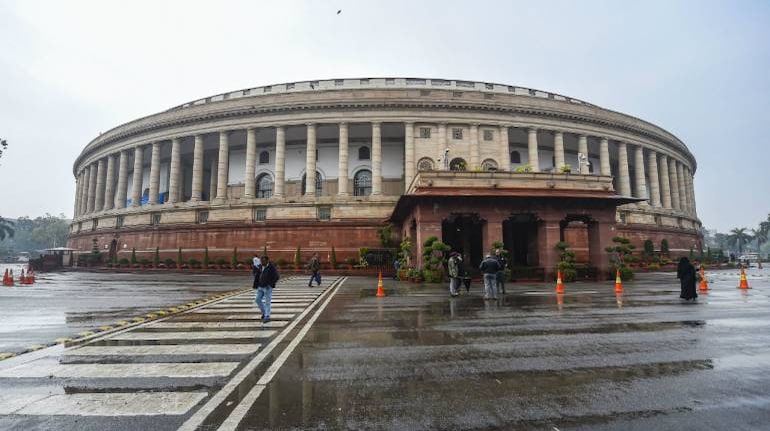



Late former President Pranab Mukherjee had a thumb rule for smooth conduct of Parliament sessions: the Opposition must have its say, no matter what the government thought — and the government must have its way with its legislative business, even if the Opposition was dead against it.
A parliamentary session in the time of COVID-19, which begins on September 14, however, needs more than just application of the rule, because so much has happened in the last six months.
Hitherto, both sides have been at loggerheads since the Lok Sabha polls of 2014, which brought the Prime Minister Narendra Modi-led Bharatiya Janata Party (BJP) to power. More so, after the 2019 polls, which handed an even greater mandate to Modi, resulting in the ties between the government and the Opposition turning to anything but cordial.
The last Parliament session ended on March 23, 12 days ahead of its scheduled closure. By then, the pandemic had reared its head across the states.
Article 85(1) in the Constitution states: “The President shall from time to time summon each House of Parliament to meet at such time and place as he thinks fit, but six months shall not intervene between its last sitting in one Session and the date appointed for its first sitting in the next Session.”
This meant that the Houses must be summoned before September 19. Consequently, we are set to see Parliament reassemble to handle a heavy legislative agenda — 33 Bills, including those to replace 11 ordinances that were promulgated during the inter-session period.
The session will have many firsts because of the strict requirement to stick to COVID-19 protocol. The Lok Sabha and the Rajya Sabha will sit on alternate days so that members can maintain physical distancing by being spread over both chambers. Even the visitor galleries will be occupied by the MPs. In all, there will be 18 sittings without a day’s break. The lunch break, between 1 pm and 3 pm, would be used to disinfect the chambers.
There will be no Question Hour, though members can get written answers to written questions. The Zero Hour, where any member can raise issues of urgent national importance, will be reduced to 30 minutes.
For the MPs, the new drill is indeed a tough call. They will have to turn up in the House with a COVID-19 negative certificate, and avoid close contact with their colleagues who are used to being huddling together.
The government had held extensive discussions with various political parties, and a majority of them were in favour of retaining the Zero Hour, while doing away with the Question Hour.
However, the Opposition’s case is that, under the present dispensation, their attempts to address the people’s ‘issues and concerns’ have often been overtaken by the former’s zeal to push its legislative business (tuned to its political agenda). They have rather accused the government of ‘using’ the pandemic as an ‘excuse’ to do away with parliamentary scrutiny of its executive actions.
Some Opposition members are also upset that their proposal for virtual attendance by MPs was not accepted by the chair, citing technological issues. So much so, many senior MPs (who have crossed 65 years of age and belong to the Upper House) have decided to give a miss to the session because they fear that they would be exposing themselves to the virus. It must not be forgotten that the average age of Lok Sabha MPs is 54 and that of the Rajya Sabha is 63.
Everyone would agree that the government must be answerable to Parliament on the management of the pandemic or avoid queries on issues such as China’s aggression on the LAC, the challenges on the economic front following the GDP contraction, or on the Centre’s commitment to states under the GST regime.
At the same time, the Houses cannot be held hostage to a saga of continuous disruptions or adjournments witnessed earlier just because the Opposition cannot muster numbers to block the government’s legislation.
Ideally, Mukherjee’s thumb rule should be allowed to play: let the Opposition get full opportunity to voice its fears and misgivings on all issues and bills. In a quid quo pro, the government must not be blocked on its way to bring in the changes if it can convince a majority of MPs why they are so needed for the country to move forward again.
Shekhar Iyer is former senior associate editor of Hindustan Times and political editor of Deccan Herald. Views are personal.
Discover the latest Business News, Sensex, and Nifty updates. Obtain Personal Finance insights, tax queries, and expert opinions on Moneycontrol or download the Moneycontrol App to stay updated!
Find the best of Al News in one place, specially curated for you every weekend.
Stay on top of the latest tech trends and biggest startup news.